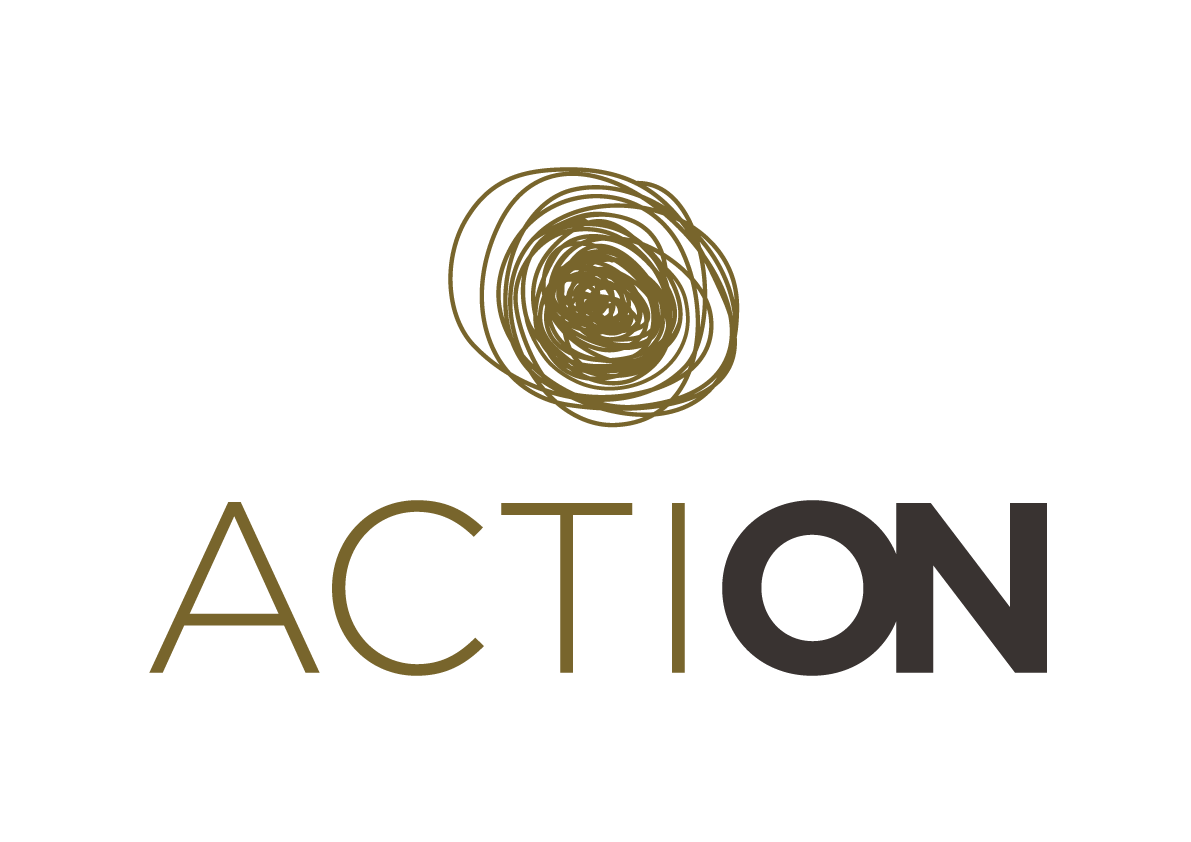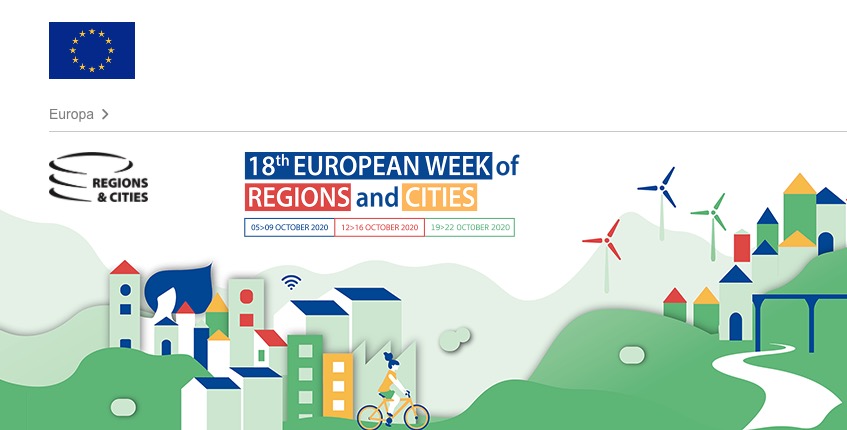Citizens all around Europe are showing growing interest in participatory activities: their engagement not only in social movements and voluntary associations, but also in science-related activities such as citizen science are clear signs of their willingness to be active players in the field. No question, citizens often pay the highest burden of environmental issues; therefore, they are the most appropriate actors to have a voice on the topic. They also have an untapped potential to address environmental issues through their everyday behaviours or through engaging in science.
The workshop presents two successful EU H2020/SwafS projects: ACTION (www.actionproject.eu) and TERRIFICA (https://terrifica.eu).
ACTION carried out an open call for citizen science registering more than 100 submissions and is now supporting 12 pilot projects. TeRRIFICA, through its crowd-mapping tool (http://climatemapping.terrifica.eu) gathered personal experiences of climate change in six EU countries. The workshop will show how projects successfully engaged citizens, and how this can support evidence-based decision-making and lead to innovation.
The session will showcase experiences from four pilot projects: Norway and Portugal for ACTION; Serbia and France for TeRRIFICA.
Presentations will be followed by a 30-minute open discussion.
Alexander Gerber, Professor Science Communication, Hochschule Rhein-Waal, Germany.
Tanja Adnađević, Head of Department of programme activity, Center for the promotion of Science, Serbia.
Charlotte Coquard, Project manager, Sciences Citoyennes, France.
Rui Montero, Project coordinator, Rio Neiva – Environmental NGO, Portugal.
Elena Simperl, Coordinator ACTION Project, Kings College London, United Kingdom.
Norbert Steinhaus, International project manager, Wissenschaftsladen Bonn – Bonn Science Shop, Germany.
Roy van Grunsven, Project manager, Dutch Butterfly Conservation, Netherlands.
Read more here: https://europa.eu/regions-and-cities/programme/sessions/1451_en

